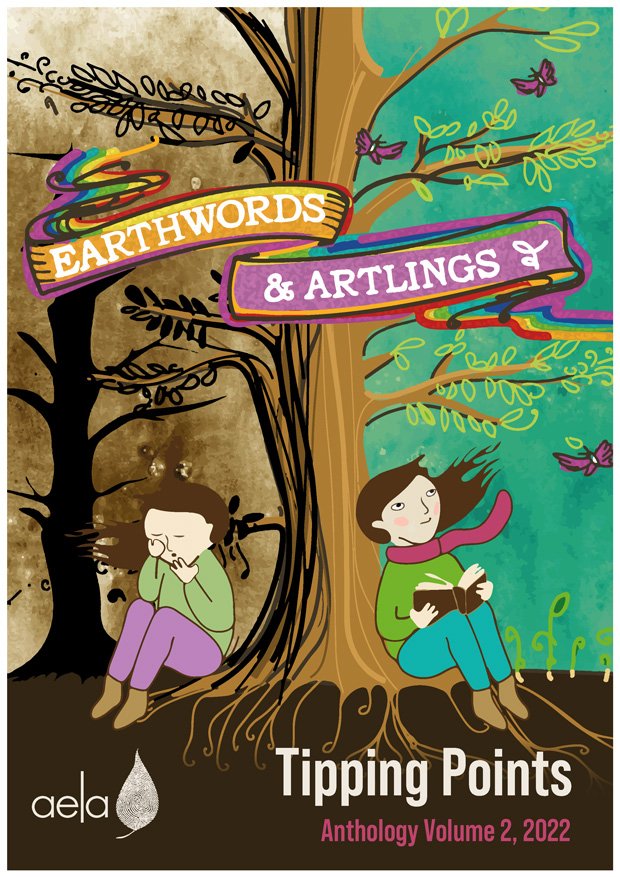This blog will explore how we can make ecocide an international crime.
There are several ways that Ecocide could be recognised as a crime in international law. One way is to create an International Treaty signed by Nation States. At present the strongest campaign being run to make Ecocide a crime in International Law is the campaign to add Ecocide as a crime to a treaty called the Rome Statute.
What is the Rome Statute?
The Rome Statute is the treaty that established the International Criminal Court (ICC) that entered into force on 1 July 2002.[1] Under the Rome Statute, the ICC can investigate and prosecute only the core international crimes where states are unable or unwilling to do so themselves.[2]
At present, the Rome Statute lists four Crimes Against Peace:
- Genocide;
- Crimes Against Humanity;
- War Crimes; and
- Crimes of Aggression.
Add Ecocide to the Crimes listed in the Rome Statute
As such, Ecocide has been referred to as ‘the missing fifth Crime against Peace.’[3] The Rome Statute can be amended to add a fifth crime: Ecocide. Unlike suing and fining corporations (who simply budget for this possibility), making ecocide a crime creates an arrestable offence. It makes those individuals who are responsible for acts or decisions that lead to severe environmental harm liable to criminal prosecution.
How do we amend the Rome Statute?
Amending the Rome State to add Ecocide is a simple four stage process:
- Proposal;
- Admissibility;
- Adoption into the Statute; and
- Ratification.
1. Proposal
Any state which has ratified the Rome Statute of the ICC may propose an amendment. There are currently 123 of these “States Parties”.
2. Admissibility
Admissibility requires a majority of those present and voting at the next annual assembly of the ICC to agree that the amendment can be considered. The ICC Assembly works on a one-state, one-vote basis. The voice of a small Pacific Island is therefore just as powerful as that of a large nation.
3. Adoption
Adoption into statute requires at least a 2/3 majority of States Parties (currently 82/123) to be in favour of the amendment. It is likely to take place at a special Crime Review Conference, where the final text of the amendment will be discussed and agreed amongst States Parties. Once the law is adopted into the Statute, the crime exists (even if it is not yet enforceable). This gives it immediate moral power in people’s minds. Harming nature will begin to feel the same as harming human beings. This will help us to grasp the fact of our connection with the natural living world. This reality is inescapable. Without a healthy Earth, there can be no healthy human beings, as the recent pandemic has shown us, and as indigenous cultures around the world already know.
4. Ratification
States Parties can then ratify (officially submit their agreement), and must enforce the law in their own country one year later. Ecocide becomes a criminal offence in the countries where it is ratified. Beyond that, under universal jurisdiction principles, any ratifying nation may, on its own soil, arrest a non-national for ecocide committed elsewhere, as long as they consider the crime to be serious enough. So even countries which are not States Parties (for example the US and China) will be affected. The more countries ratify the crime, the more the big polluters will find their room to operate shrinking… and the more appealing it will become to work in harmony with nature.[4]
On 14 April 2021 and 14 September 2022 AELA hosted webinars with Jojo Mehta on “Making ecocide a crime: international update with Jojo Mehta, Stop Ecocide International”.
Click here to see past events hosted by AELA surrounding ecocide.
To help support the work of AELA, our Stop Ecocide Australia branch and Ecocide Laws Australia working group please consider becoming a monthly donor.
- [1] Eradicating Ecocide, ‘Closing the door to dangerous industrial activity: A concept paper for governments to implement emergency measures’, Eradicating Ecocide (Web Page) <http://ecocidelaw.com/the-law/concept-paper/>.
- [2] Rome Statute of the International Criminal Court art 5.
- [3] Polly Higgins & Damien Short & Nigel South, ‘Protecting the planet: a proposal for a law of ecocide’ (2013) 59(3) Crime, Law and Social Change 251, 257.
- [4] ‘How do we make Ecocide an International Crime?’ Stop Ecocide International (Web Page, 2021) <https://www.stopecocide.earth/making-ecocide-a-crime>.





















